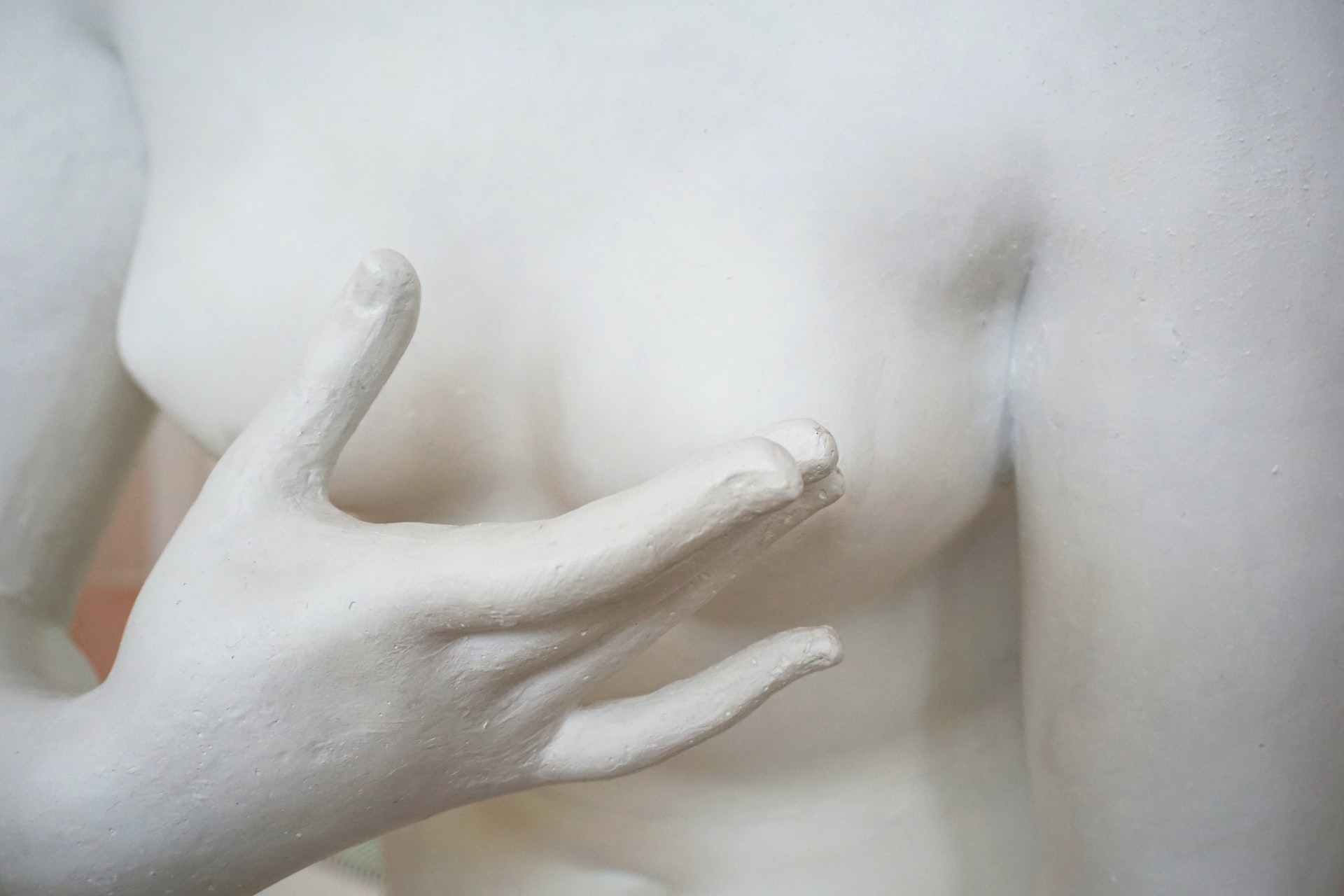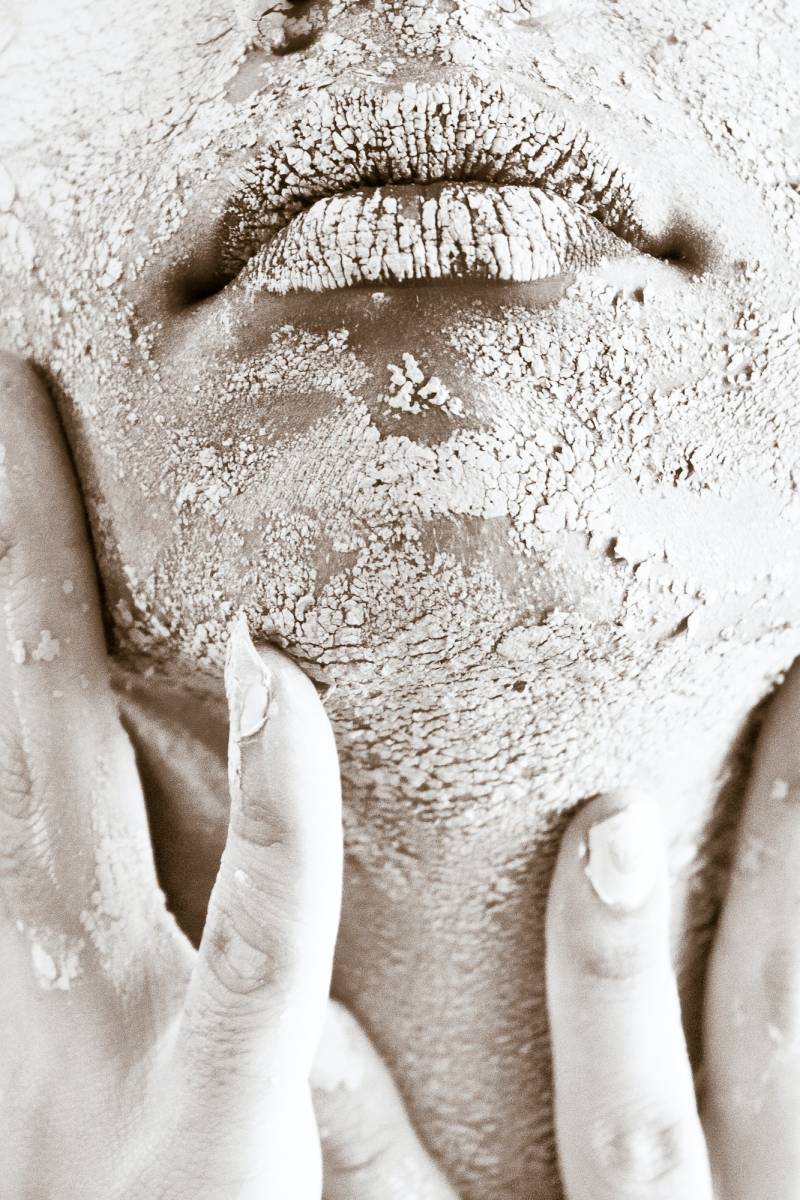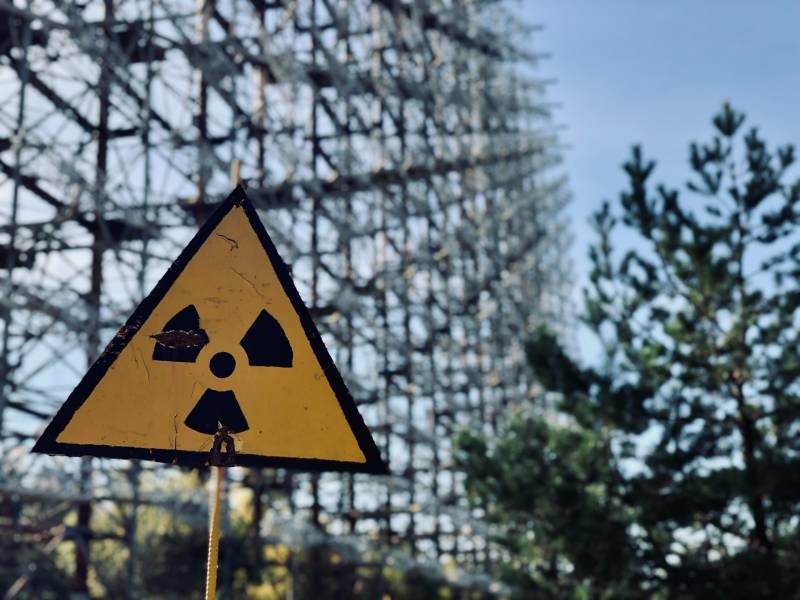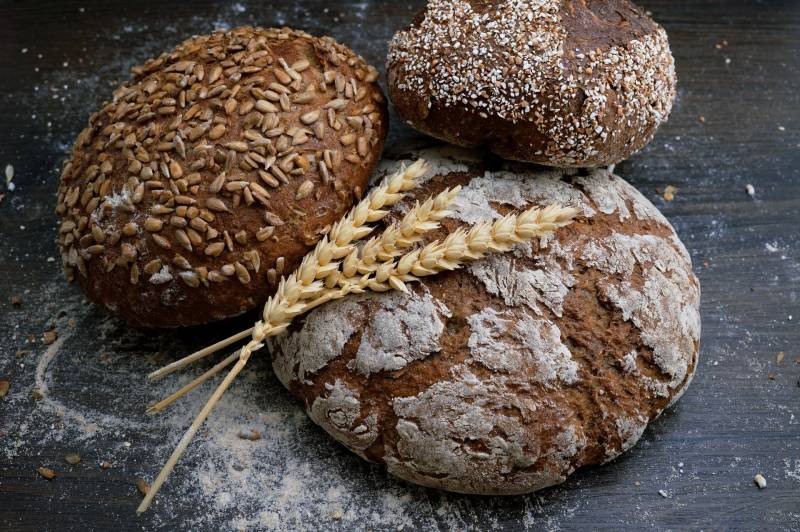‘Breast augmentation’ is the medical terminology used for cosmetic surgeries of breast tissue done in women. The breast tissue comprises of muscle, fat, the milk glands and fibrous tissue. Many a times, reconstruction surgeries are needed to be done for women who have suffered from any major health conditions affecting any portion of the mammary tissue. Cancer of the breast, severe injury to the breast tissue, are some of these conditions. The procedure of breast augmentation is aimed at altering the shape, size and texture of the breast.

There are several methods by which this procedure can be done. Implants made of silicone gel are created depending on the original contour of the patient’s breast. The implants may then be inserted and fit within the mammary tissue by surgical means. Instead of silicone gel, saline implants are used at times. This particular method is very efficient in the enhancing the overall shape and structure of the breast. Silicone gel and saline, both being semi-liquid and liquid in consistency respectively have the property of molding and adjusting in a way such that the shape of the mammary tissue can be constructed exactly as required. Another procedure which is utilized is skin grafting. Autologus skin grafting involves harvesting skin grafts from the woman’s body and using them for the augmentation surgery.
A third procedure involves autologus fat transplant in order to adjust and reconstruct the breast tissue. This is a relatively non invasive form of treatment where no foreign material or artificial transplants are used to enhance the breast shape or size. Adipocyte tissue is obtained from the patient’s body and transferred to the breast site after subjecting the fat to certain procedures. Autologus fat transplant technique is used majorly in cases where breast asymmetry is prevalent. This is most commonly observed in women who undergo mastectomy due to breast cancer. Any other disease conditions which may lead to breast tissue deformity are potential causes where breast augmentation therapy may be needed. Actresses and models are known to resort to autologus fat transplant technique to enhance the breast tissue for aesthetic purpose.
Fat tissue though taken from the patient themselves, cannot be directly inculcated with the breast tissue. The fat is subjected to grafting first and then transplanted to the patient’s breast. The adipocyte tissue is gathered and centrifuged so that blood products get segregated from it. This is how the perfect breast filler is obtained. A filler is any compound which is utilized to increase the size of the breast. The importance of obtaining the perfect filler is that, the external appearance of the breast is totally dependent on the quality of the filler.
Fat is obtained from other parts of the patient’s body which are common fat storage areas, like the hips and the buttocks and made to undergo the procedures which have been mentioned above. It is then filled into many small injections which are injected one by one into the breast which is to be treated. One single injection is generally not used to transfer all the fat together. Though any particular reason for this has not be mentioned, the possibility is that one single injection could lead to formation of fat lumps or uneven distribution of fat, which would lead to failure of the entire procedure. This procedure has cosmetic importance as well, since the bare minimum area of the breast is accessed surgically. This leads to minimal post –surgical scar formation. The incision is larger if saline or silicone implants are used. But fat transplant has an advantage of giving leaving hardly any scars or marks post surgery. This procedure is a very delicate one and requires great surgical as well as aesthetic skill. Hence the outcome of the entire procedure is totally dependent on the surgeon who performs the procedure. The entire procedure is done on an outpatient basis and does not require long hospital stay. The patient may be allowed to go home soon after the procedure, or at the most may be required to stay back for one night, just for the purpose of routine observation.
Fat cells used in this procedure are normal living cells of the body that are transferred from one part to the other. After all the fat has been has been injected, there is possibility that few of the cells may die. These fat cells are usually absorbed in the circulatory system and eliminated from the breast tissue. However, this may require the patient to take repeated injections in order to maintain the breast contour. One additional risk of the death of fat cells is, if this becomes an uncontrolled procedure, it may lead to fat necrosis, which can be harmful to the patients. Sometimes the transplanted fat has been known to develop calcification and in extremely rare cases, malignancy. Bleeding may occur if any blood vessel within the mammary tissue gets disrupted during the injection procedure.
Though this procedure involves very less area of surgical incision, the chance of an infected wound cannot be completely over looked. Post-surgical cleaning and caring for the wound is essential to avoid chances of infection. The fat tissue may form lumps which may be felt on external palpation. It gives not only an uneven appearance to the breast, but also leaves a sensation of discomfort to the patient. The outcome of the surgery may not be as per the expectation of the patient. This is considered to be a disadvantage of the procedure, but it is a highly debatable point, as personal opinions may differ greatly about the end result. One complication seen only in the fat transplant procedure, is formation of oil cysts. These may be formed as a result of the lipid content in the adipocyte tissue.
Women who are best candidates for this type of breast augmentation are the ones who have crossed the age of 35 or 40 years. This is when breasts start sagging or wrinkling. A huge advantage of this procedure if that the implants used are not foreign bodies, hence chances of rejection of the implant by the recipient is as good as nil.
The fat transplant technique is relatively newer in the field of breast augmentation and hence is not completely explored yet. But as compared to the other methods, it is less invasive, has a shorter recovery period and results are better than the older methods. More and more research is going on in this field, which will surely go on to become one of the fastest and most preferred breast augmentation technique.



